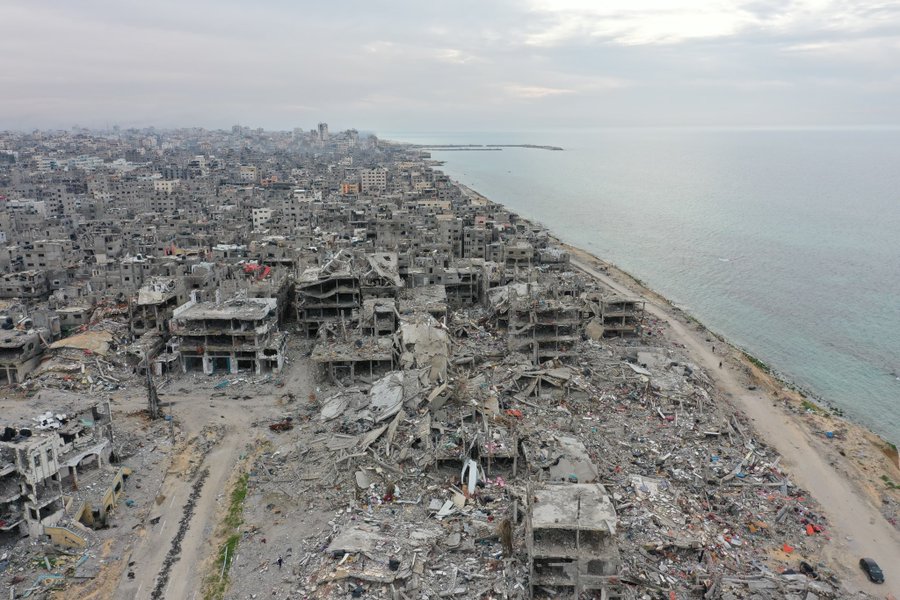A Movement of the Small Places
December 23, 2013| by Chris Whatley, UNA-USA Executive Director
I was reminded of this poignant quote—delivered by Eleanor Roosevelt at the UN in 1958—while attending an inspiring Human Rights Award ceremony hosted by UNA’s National Capital Area chapter. It is a telling reminder of the enduring role of UNA as more than just an association of individuals, but as a movement of the small places.
Over the past month, thousands of UNA members have met in community centers, church halls, dorm rooms, and other small places to expand the boundaries of human rights both at home and abroad. These events were more than just an occasion for celebrating Human Rights Day, they were a platform for advancing a clear and immediate human rights priority — the ratification of the Convention on the Rights of Persons with Disabilities. UNA members know all too well that the future of this treaty lies in the editorial boards of local papers, the district offices of skeptical Senators, and in countless other small places.
However, the passing of a truly great man this month also reminded me of the importance of small places. I met Nelson Mandela many years ago in an alcove under a staircase. I was a scruffy 25-year old, working in South Africa, who just happened to be in a crowded hallway when the then newly elected president came walking through. As the crowd surged toward him I was pushed into a cramped space along with two elderly janitors.
As Mandela strode down the hall, the janitors, who were from the mixed race Cape Malay community, shouted out to him in Afrikaans “Hey Grandpa!” He paused for a moment, wheeled about, and walked straight through the crowd to join us under the stairs. He slapped the two janitors on the back and exclaimed in Afrikaans, the language of his jailer, “Who are you old guys calling Grandpa?” He joked with them, asked about their families, and thanked them for their service.
Mandela knew that these two men were members of both an undervalued profession and a beleaguered minority, a group that shared the ethnicity of the new South Africa but the language of the old. For a leader like him, the cause of human dignity was as present there in that small place as on the world stage he then commanded.
As 2013 draws to a close, I am reminded of how deeply grateful I am to lead an association of great people in small places. With the passion and support of UNA’s dedicated members, in cities large and small, and in venues from the General Assembly Hall to the Iowa City Public Library, I know our association will live up to Eleanor Roosevelt’s call to action in 2014 and beyond.



